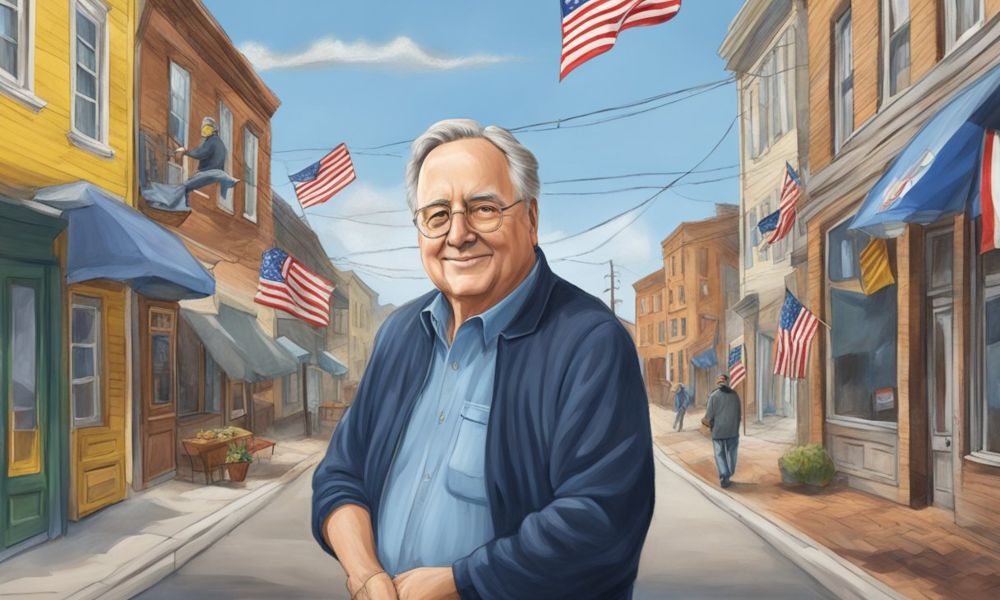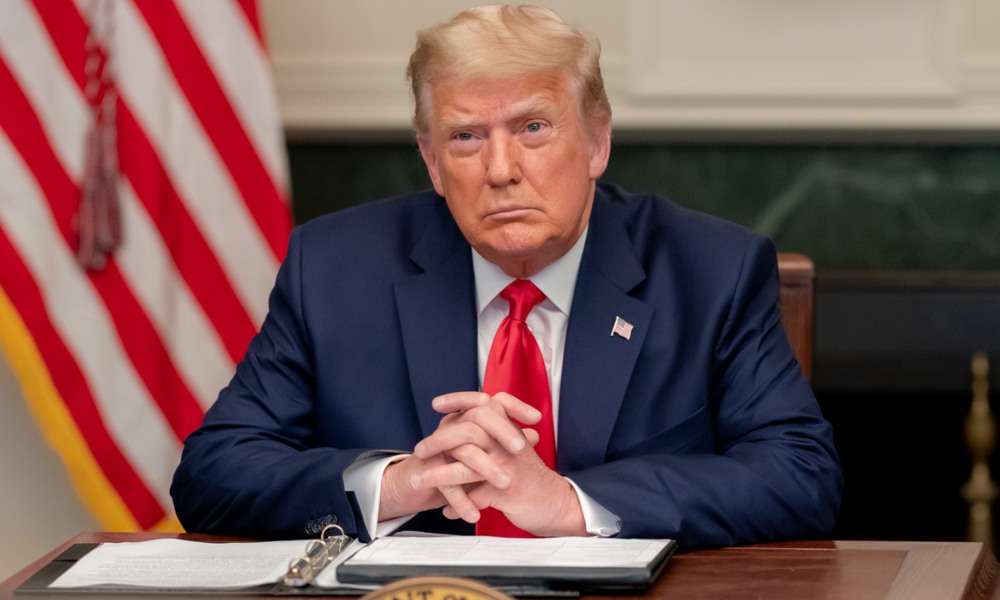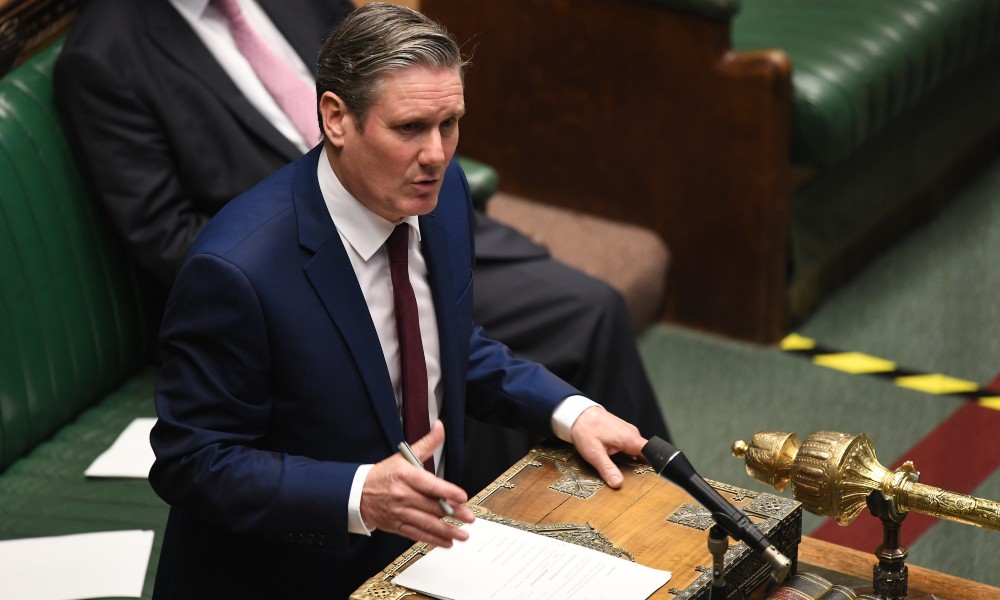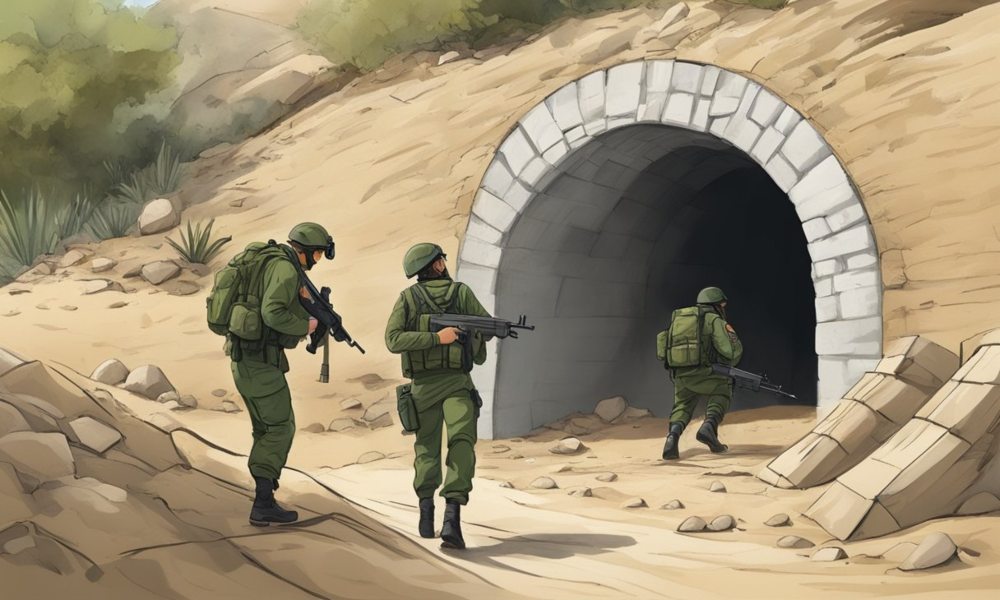Politicians in the UK are debating whether to lower the voting age from 18 to 16. Here are the key points:
- Labor leader Keir Starmer wants to give 16 and 17-year-olds the right to vote
- This would add 1.5 million newly eligible voters to the electorate
- Critics argue that 16 is too young for such an important decision
- Supporters say engaged young people deserve a voice in elections
Does letting teenagers vote make sense? Or is 16 still too young and irresponsible? Read on to learn more.
Why Labor Wants Youth Voting
Keir Starmer says his main reason for supporting votes at 16 is fairness. He points out that 16-year-olds can:
- Work and pay taxes
- Serve in the military
- Get married (in Scotland)
Starmer believes that people should also have a say in how their tax money is spent and in the policies that affect them.
He hopes giving a voice to over 1 million new young voters will get them engaged in the political process early.
Critics Say 16 Is Too Young
Converselyhand, some feel that 16-year-olds lack the life experience and maturity to cast an informed vote. Rules exist preventing drinking, smoking, and getting tattoos until 18 precisely because people under that age often struggle with entirely rational decision-making.
Journalist Peter Hitchens argues that judgment and responsibility are why we have specific milestones. He believes 18 is a more appropriate benchmark for something as significant as voting.
What Do Young People Think?
Interestingly, opinions seem split among young people themselves. MP Damian Green has found a 50/50 divide when asking 16- —and 17-year-olds whether they want the right to vote.
Green recounts an 18-year-old telling him bluntly, “I wouldn’t give my 16-year-old brother the vote—he’s not responsible enough.”
Looking At Scotland’s Example
In Scotland, 16 and 17-year-olds have been able to vote since the 2014 independence referendum. Scottish politician Christine Jardine says this has worked well to engage young people rather than leaving them “disillusioned” by being denied a voice.
She argues that when teenagers feel included in the political process, they are motivated to learn about issues and turn out to vote.
Different Ages For Different Rights
So, where should we draw the line? The current system has different ages and different rights and responsibilities. As MP Damian Green points out, we treat people as adults at 18 for most major decisions. But he questions why some pivotal rights like voting seem to be “plucked out” and handled differently.
What’s The Right Call?
Those in favor of lowering the voting age highlight how politics impacts teenagers’ lives through issues such as education, jobs, the environment, and more. They believe young people’s perspectives deserve to be represented.
On the other hand, critics maintain that voting is a major responsibility requiring good judgment—something most people simply don’t develop until adulthood.
Ultimately, it may come down to whether you see 16-year-olds as still maturing kids or emerging adults ready to shape their futures. What do you think? Should they get the vote?
Photo Credit – Flickr
















